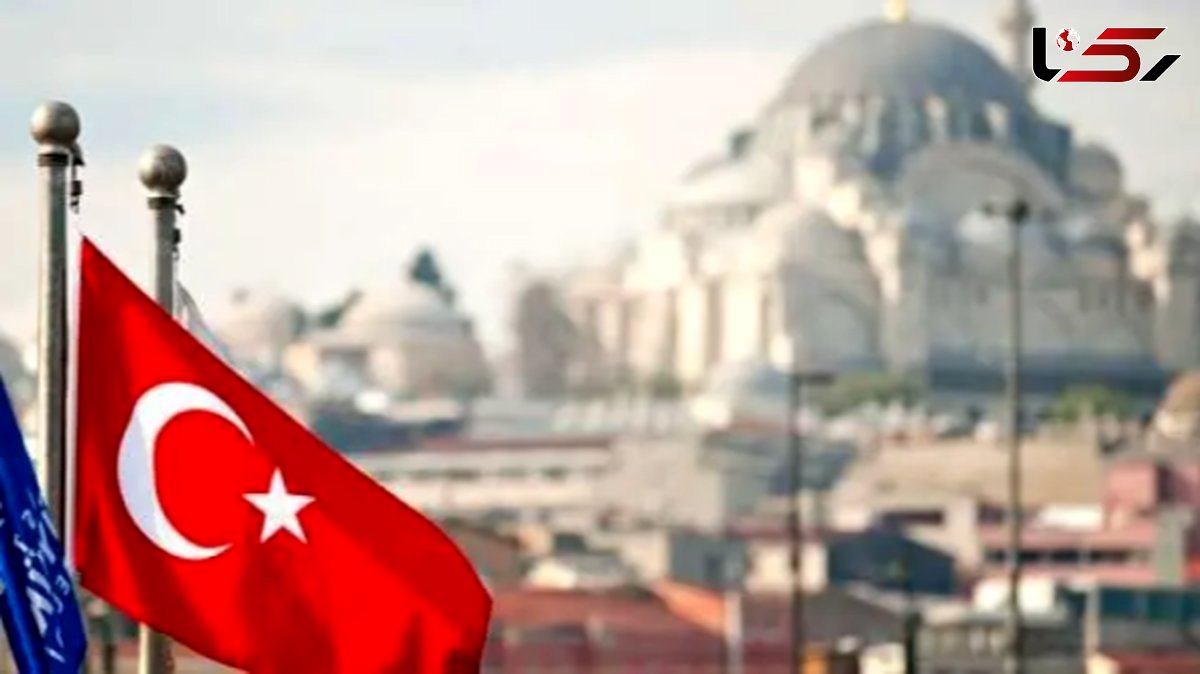Turkey Warned After Iran-Israel War: Build Shelters, Boost Security
Rokna Political Desk – Following the twelve-day war between Iran and Israel, the Turkish intelligence agency has issued a warning. A recent study by the Turkish National Intelligence Organization (MIT) recommends that Turkey build shelters and enhance its security measures in preparation for worst-case scenarios.

According to, citing Al Jazeera, the critical study—prepared by the “Turkish National Intelligence Academy,” affiliated with MIT—bears the title “The Twelve-Day War: Lessons for Turkey.” It asserts that examining worst-case scenarios involving Iran and evaluating them from various dimensions yields strategic insights for Turkey. Accordingly, it is imperative for Ankara to implement various measures to mitigate such risks.
As the title suggests, this research was developed to assist decision-makers in Ankara, enabling them to draw the necessary conclusions from the lessons learned during the recent conflict and to undertake relevant security measures.
Israeli Military Force
The report consists of an introduction, three main chapters, and a conclusion. The first chapter focuses on conventional and hybrid warfare techniques. While the study depicts warfare through the use of fighter jets, precision-guided missiles, and ballistic weaponry, it simultaneously highlights the extent to which another equally intense war was conducted via electromagnetic means. In parallel with Israel’s aerial strikes against Iran, electronic warfare, along with advanced cyber and electromagnetic technologies, were also employed.
The study provides detailed examples of various fighter jets within the Israeli Air Force, emphasizing that all of them are integrated with electronic warfare systems.
Moreover, the report offers an in-depth analysis of the air-to-ground munitions used by Israeli fighter aircraft against Iranian targets. It also discusses the role of Israel’s cyber warfare Unit 8200, noting that many of its members were high school teenagers.
According to the study, Israel’s cyberattacks were likely coordinated with the United States intelligence agencies, although no official confirmation has yet been provided in this regard.
Lessons Turkey Must Learn from the War
The second chapter of the report is dedicated to the lessons Turkey should derive from the twelve-day conflict. It alerts Turkish decision-makers to the following key points:
First: The importance of diplomacy, which, alongside warfare, constitutes the two complementary elements of international relations. The report references the diplomatic opportunity Iran lost before the war—due to the opposition of Europe and the United States regarding Iran’s nuclear program—which led to Washington and Tel Aviv aligning their positions in favor of striking Iran to either deter or end its nuclear activities.
Second: The significance of strong military alliances, arms cooperation, intelligence operations, and logistical support provided by Western coalitions to Israel—as opposed to the limited support Tehran received from Russia and China. The report also underlines that BRICS countries lack the security and defense mechanisms necessary to support any of their member states under external attack.
Additionally, the report stresses the need for Turkey to strive for internal peace, to invest in the development of both military and civilian elites capable of managing any potential conflict with foreign powers, and to re-evaluate its domestic technological infrastructure and strategic planning.
The study also points out that the war between Israel and Iran holds critical civil defense lessons. Referring to Israel’s early warning siren systems and its widespread network of shelters, the report argues that Turkey must likewise expand its early-warning systems and construct easily accessible collective shelters—particularly in major cities.
Three Scenarios Turkey May Face
The third and final chapter of the report outlines three future scenarios involving the United States and Israel on one side, and Iran on the other. The report emphasizes that Turkey must be prepared to respond to each of these potential developments:
First Scenario:
In this scenario, negotiations between Iran and the United States resume, with Tehran maintaining its right to enrich uranium. However, in a gesture of confidence-building, Iran may declare a five-year suspension of enrichment. Such a move could be interpreted as a political victory for Donald Trump, the President of the United States.
According to the study, this is the best-case scenario for Turkey, as Iran’s state structure remains intact without descending into collapse. This would prevent significant security fallout for neighboring countries, including Turkey. Under these conditions, Turkey could strengthen its economic ties with Iran and boost bilateral trade to reach an annual volume of $30 billion.
Second Scenario:
In this scenario, negotiations fail and tensions persist; however, the United States refrains from launching a new military operation—either independently or jointly with Israel—and settles for the outcomes of the twelve-day war.
In such a situation, Turkey would face economic difficulties, including a reduction in trade with Iran and serious obstacles to the implementation of bilateral agreements—particularly in the energy sector. Additionally, Turkey may face an influx of refugees from Iran, including both Iranian citizens and other refugees such as Afghans residing in Iran. In this case, Turkey would need to tighten its border security to prevent a migration wave into its territory.
Third Scenario:
In the third scenario, war erupts again. The region enters a dangerously volatile phase, and there is a possibility that Russia, China, or both may become involved in the conflict. According to the study, this would be the worst-case scenario for Turkey, as a security vacuum would emerge along the shared border, which must be filled swiftly to prevent the formation of a security gap similar to the one that developed in northern Syria during years of armed conflict in that country.
Send Comments